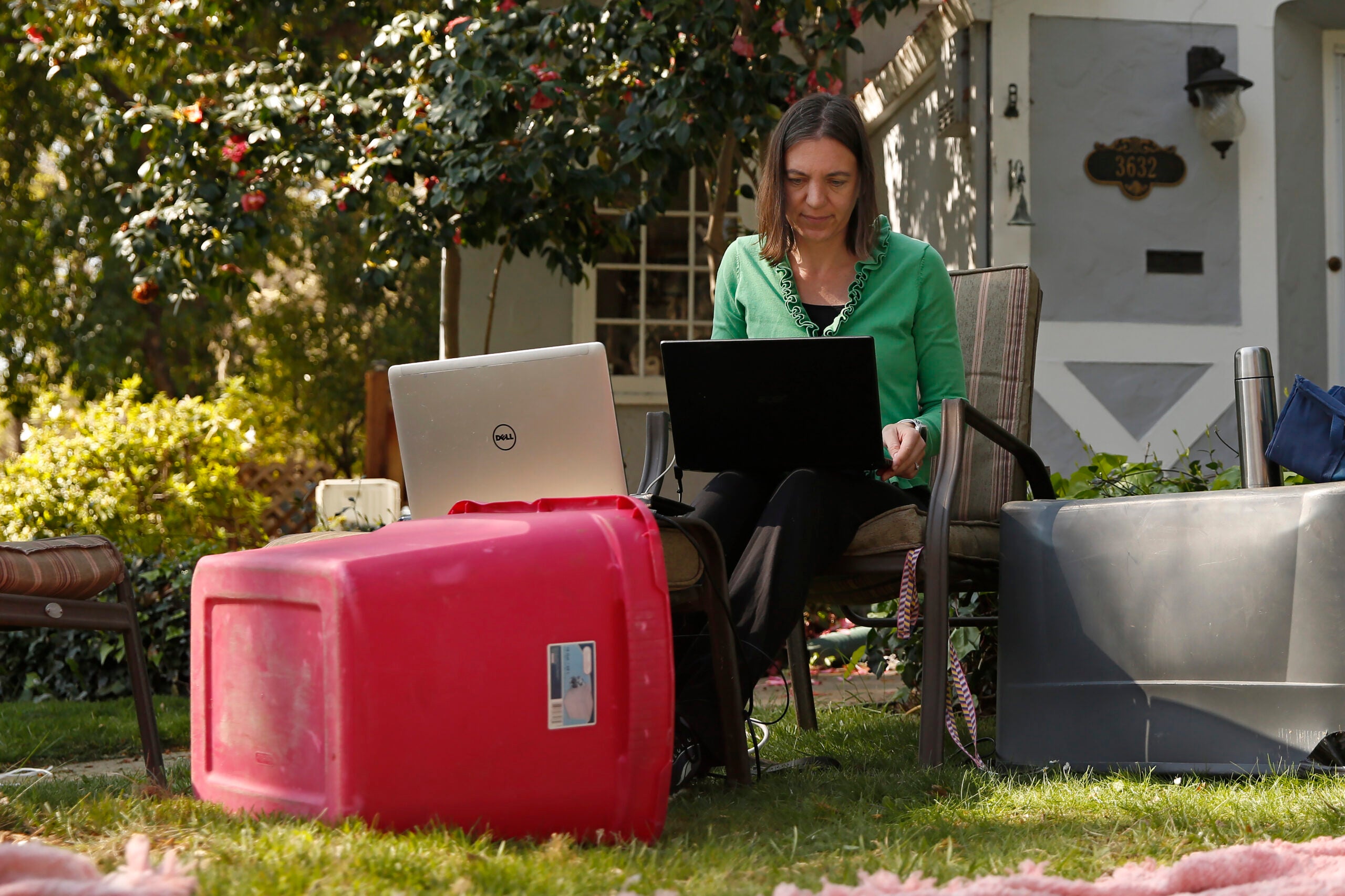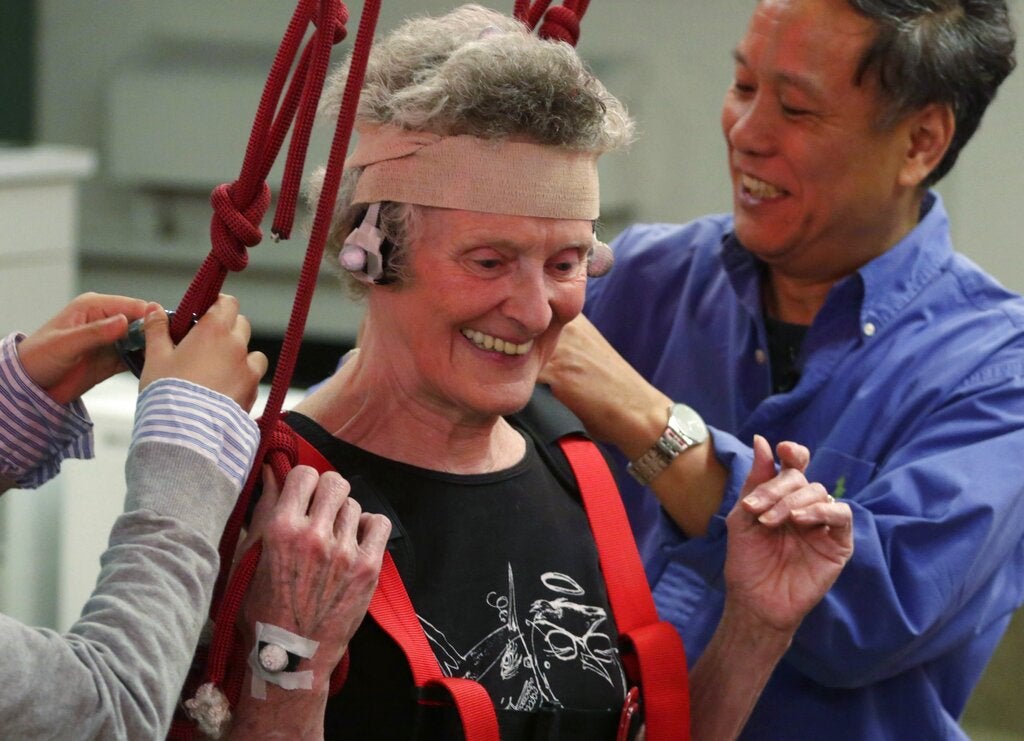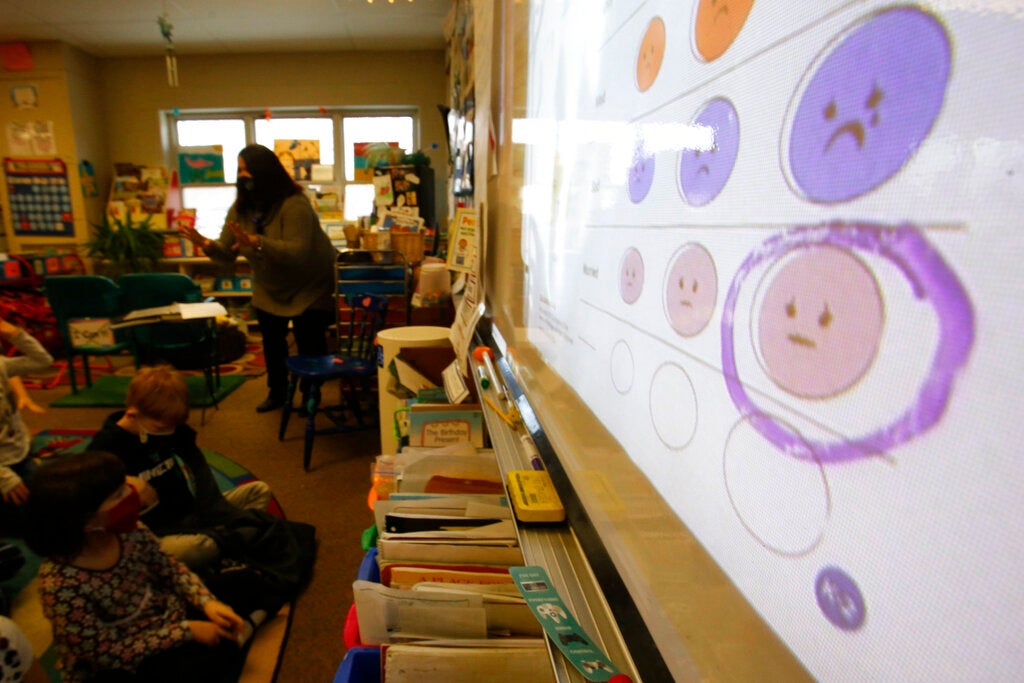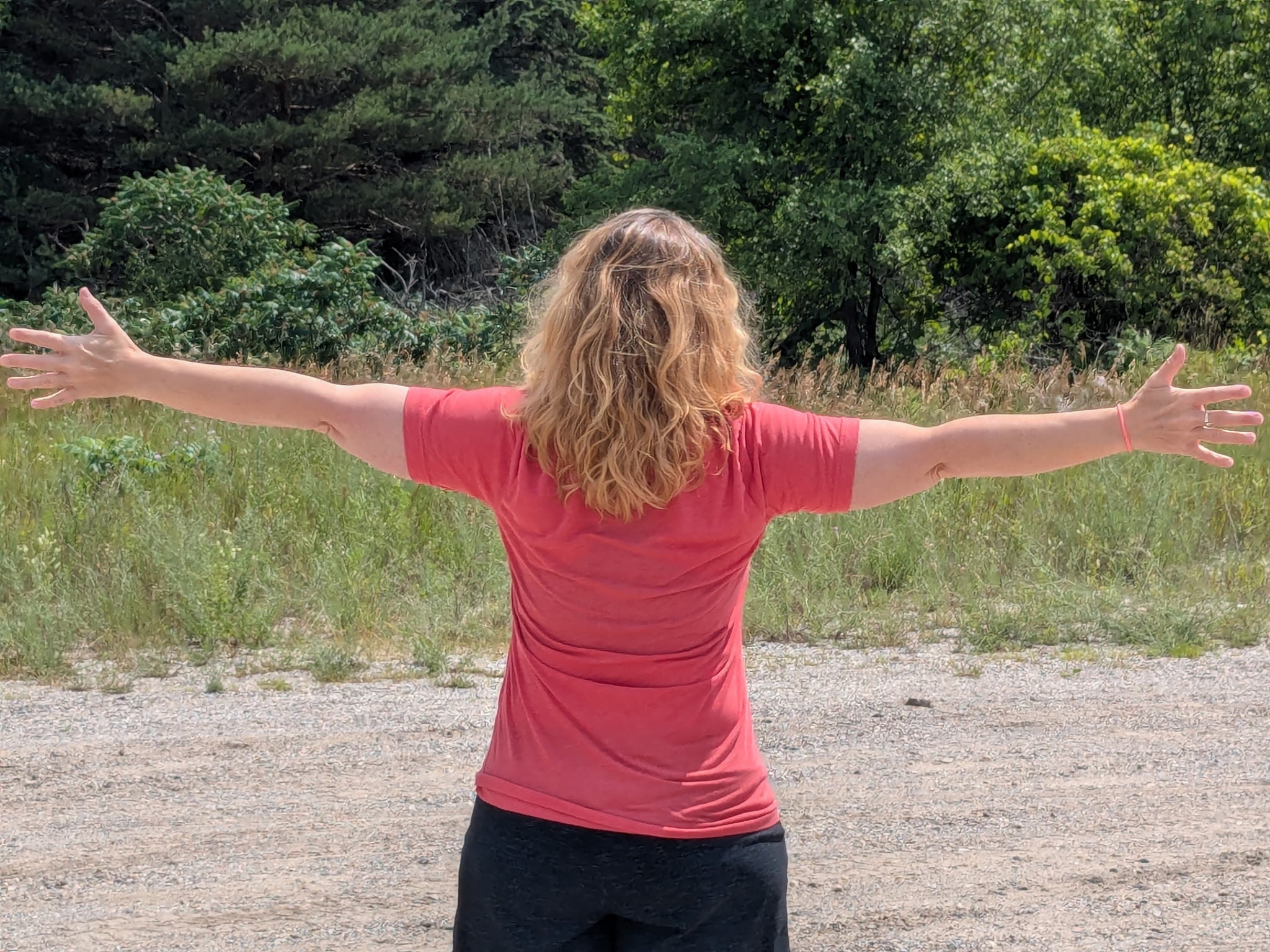As the situation surrounding COVID-19 continues to rapidly change, feelings of stress, anxiety and uncertainty are natural. But there are steps you can take to manage those emotions.
WPR’s Mary Kate McCoy recently spoke with Dr. Shilagh Mirgain, a psychologist at UW Health, about strategies to cope with feelings of anxiety and fear.
The interview has been edited for brevity and clarity.
News with a little more humanity
WPR’s “Wisconsin Today” newsletter keeps you connected to the state you love without feeling overwhelmed. No paywall. No agenda. No corporate filter.
Q: What’s going on right now is uncharted territory in many ways and is changing so quickly, what advice would you give people to process the current situation?
Shilagh Mirgain: It’s really important to create a structure, some semblance of normal. If you eat the same breakfast, keep that. If you call your mom every Tuesday evening. Do that. If you get your workout in at noon, do it from home.
The second thing is to practice stress management daily. We are bombarded with stories of people suffering. There’s a lot of unpredictability that is causing our central nervous system to get into that fight or flight response. And we don’t think clearly when we’re there. Anything we can do to quiet and calm ourselves can help us have clarity around the best actions to take for ourselves and others.
Q: With the new ‘stay-at-home’ order in place, feelings of loneliness can be hard to escape. What are effective ways to feel connected?
SM: Research shows that on a typical day we have something called microboosts — when you have a random encounter with somebody, or you pass somebody on the street and they wave — that provides a boost to your mood. That is one of the things we’re missing when we’re transitioning to “safer-at-home.”
We have to be much more intentional about seeking connection. One, reach out regularly to people you care about.
No. 2, one of the best ways to cultivate resilience is generosity. So think about somebody who’s struggling, who might be stressed and just do something simple for them. Those random acts of kindness are often one of the best things we can do for our well-being. Maybe that’s supporting local businesses or ordering takeout from local restaurants. Last week, my neighbors brought me dinner over, leaving it on my front step.
There’s also something remarkable happening because we’re slowing down, there’s not the hustle and bustle of daily life. I think we more clearly see and appreciate the people that we’re encountering. It’s an opportunity to wish a stranger well. There’s research around loving kindness meditation and how it can strengthen physical well-being and keep our immune system strong and healthy.
This morning I woke up and I could really hear the birds, but I could hear them really visibly because it’s so quiet. We’re slowing down, but what remains is the busyness of nature. I encourage people to get out. Nature provides something above and beyond what human connections can offer. We’re not alone. We’re part of this world.
Q: When feelings of anxiety come up, what strategies can people turn to?
SM: Those moments of anxiety, being overwhelmed, fear are going to arise. And when that happens, we can just notice it and be present with it. By ignoring it or pushing it away — what we resist persists and can actually grow stronger. Notice it and then get support around it. Talk about our feelings with somebody, journal, express it in some way. Creativity is a lifeline during this time.
Movement is also really helpful. Getting out of our head, into our body and moving can release those endorphins and help get us back into balance — whether it’s walking or dancing or jogging. Even just relaxation, these are all ways to calm that central nervous system.
Q: Some people may be feeling stir crazy already, how do we combat that?
SM: When we’re afraid, it’s easy to really retract and become self protective and start to isolate and become numb by watching too much TV, or turning to unhealthy comfort foods, drinking or smoking too much. That just amplifies the situation and weakens our immune system.
Think of some goals to work towards. We talked about those microboosts, the face-to-face interactions that boosts our mood. Sense of achievement produces similar boosts for mood.
Watch YouTube videos and learn woodworking, read all those books you haven’t gotten to, catch up on movies, learn a language, learn an instrument, paint, bake.
It’s often in adversity that humans have come up with novel inventions. The way we’re going to solve this is by working together as a collective. The virus is contagious, but ideas are equally contagious. Share those ideas and creativity.
Q: It’s easy to feel helpless in this situation, how can people manage those feelings?
SM: We want to acknowledge it, it’s connected to realizing how vulnerable we are. Maybe we hadn’t quite realized before. But we don’t want to stay there.
We can do that in a couple of ways. One, focusing on what we can control. Maybe we can control doing some household chores, finishing a project at work, or our kid’s schooling.
The second is to engage in coping self talk when that despair, fear pokes us. We often go in that downward spiral with negative thinking that makes it worse. Instead, come up with coping self talk. One that I’m using a lot is, ‘In this moment, I’m safe. And I can tap into my inner wisdom to guide me and show me the right actions to take during this challenging time.’
Mindfulness and dropping into the present, in this moment here and now, can help re-establish that sense of safety and reground us into the present.
Additional resources: Mindfulness Meditations; “Meditation for feeling as safe as you reasonably can;” “How to respond effectively to the corona crisis;” UW Health articles on resilience. You can also call the SAMHSA Disaster Distress Hotline at 800-985-5990 or text TalkWithUs to 66746 to connect with a trained crisis counselor.
Wisconsin Public Radio, © Copyright 2025, Board of Regents of the University of Wisconsin System and Wisconsin Educational Communications Board.






